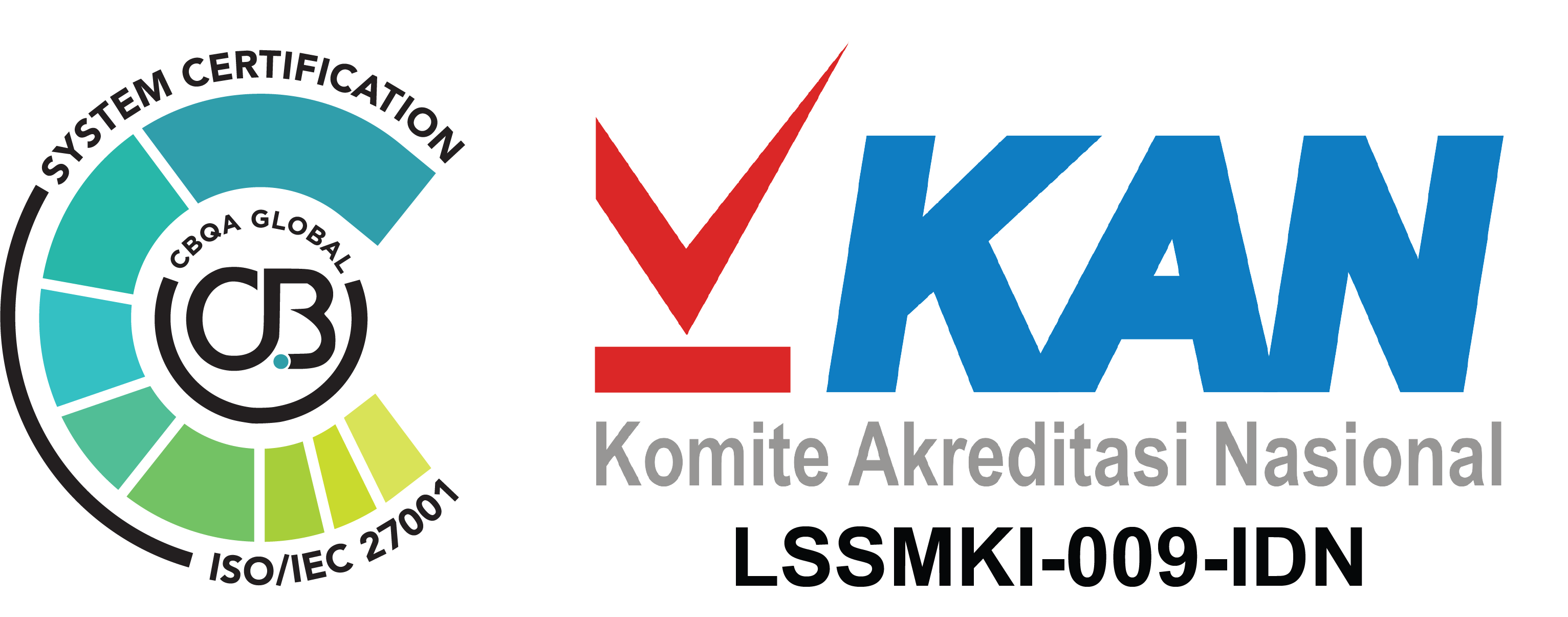Last week review:
The first half of 2023 has passed with some market turmoil. How has the global financial sector handled the recessionary year so far? To reflect, the year started with high optimism over China’s recovery post COVID lockdowns, expectations over the resilience of the global economy, and relief that perhaps Inflation had peaked. Since then, the US banking crisis, the c ollapse of Credit Suisse, and the struggle to control Inflation have made the last six months feel like a long time in the mark ets. Long story short, since the start of the year the S&P500 has gained 15.9% and the Nasdaq Composite has bagged a 31.7% gain (the biggest semi-annual increase in 40 years). While their 2nd quarter performance was very solid as follows: The S&P500 posted a gain of 8.3%, the Nasdaq soared 12.8%, and the Dow gained 3.4%. On a weekly basis, last week’s sterling performance for the S&P500 was up 2.35%, while the Nasdaq rallied 2.2%, and the Dow perched 2.0 2% higher. It seems that market participants are quite confident that the US economy can avoid a severe recession despite the US central bank’s tight monetary policy.
Highlighting the last week of June which was full of important economic data across the globe, number one came from the US where a myriad of reports such as: May’s Durable Goods Orders and New Home Sales, as well as Building Permits which all showed significant gains on a monthly basis; inevitably pushing Consumer Confidence (June) up to 109.7, higher than expected at 104 & even higher than the previous month’s 102.5. On Thursday, Initial Jobless Claims fell the most in 20 months to 239k (from 265k in the previous week); the latest sign of resilience in the US economy that could encourage the Federal Reserve to resume interest rate hikes in July. The 1Q23 GDP even managed to report growth to 2% on a quarterly basis, higher than the predicted 1.4%. Fortunately, the May Personal Consumption Expenditure (PCE) index which is the Fed’s benchmark in assessing the tame level of Inflation is now growing weaker than expected; in line with Personal Spending (May) which did increase below expectations.
This week’s outlook:
How about Europe? The German Current Assessment of business in June showed optimism, but businesses in Germany are still uncertain about the business climate in the next 6 months: the German Ifo Business Climate Index came in lower than expected & even the previous period. ECB President Christine Lagarde has confirmed that the ECB will raise interest rates once again in July, after referring to the release of Inflation data for the entire Eurozone and neighboring European countries. Eurozone CPI figures for June came in at 5.5% yoy, slightly better than expected and down from 6.1% last month. In good news, French inflation followed Spain and Italy in dropping to a 14-month low, while German consumer price gains accelerated this June. Average house prices in the UK fell by the most in June on an annualized basis since 2009. It is still possible for prices to continue to fall as most of the housing market activity in June will occur before the Bank of England authorizes a 50 bps rate hike, bringing the benchmark rate to 5% while Inflation is still heating up at 8.7% in May, more than four times the BOE’s 2% target. In terms of employment data, the German Unemployment Rate (June) stands at 5.7% (slightly up from May) while in the Eurozone, the Unemployment Rate (May) remains unchanged at 6.5%.
Lastly from the Asia, Retail Sales in Japan strengthened further at 5.7% yoy in May, but goods & services prices in Tokyo in June have not risen as predicted; presumably because Industrial Production (May) was also sluggish compared to the previous month. China seems unable to pump up its economic momentum as they reported Composite PMI (June) at 52.3; still weaker than the previous period’s 52.9. In contrast, South Korea managed to post its first Trade Balance surplus after 15 months of deficit this June at USD 1.13 billion. Although exports dropped by 6% and imports plunged by 11.7%, both declines managed to slow down from the previous month. The relevant ministry said that this Trade Balance achievement may pause in July and August due to seasonal factors but is expected to return to its growth path soon.
Download full report HERE.

